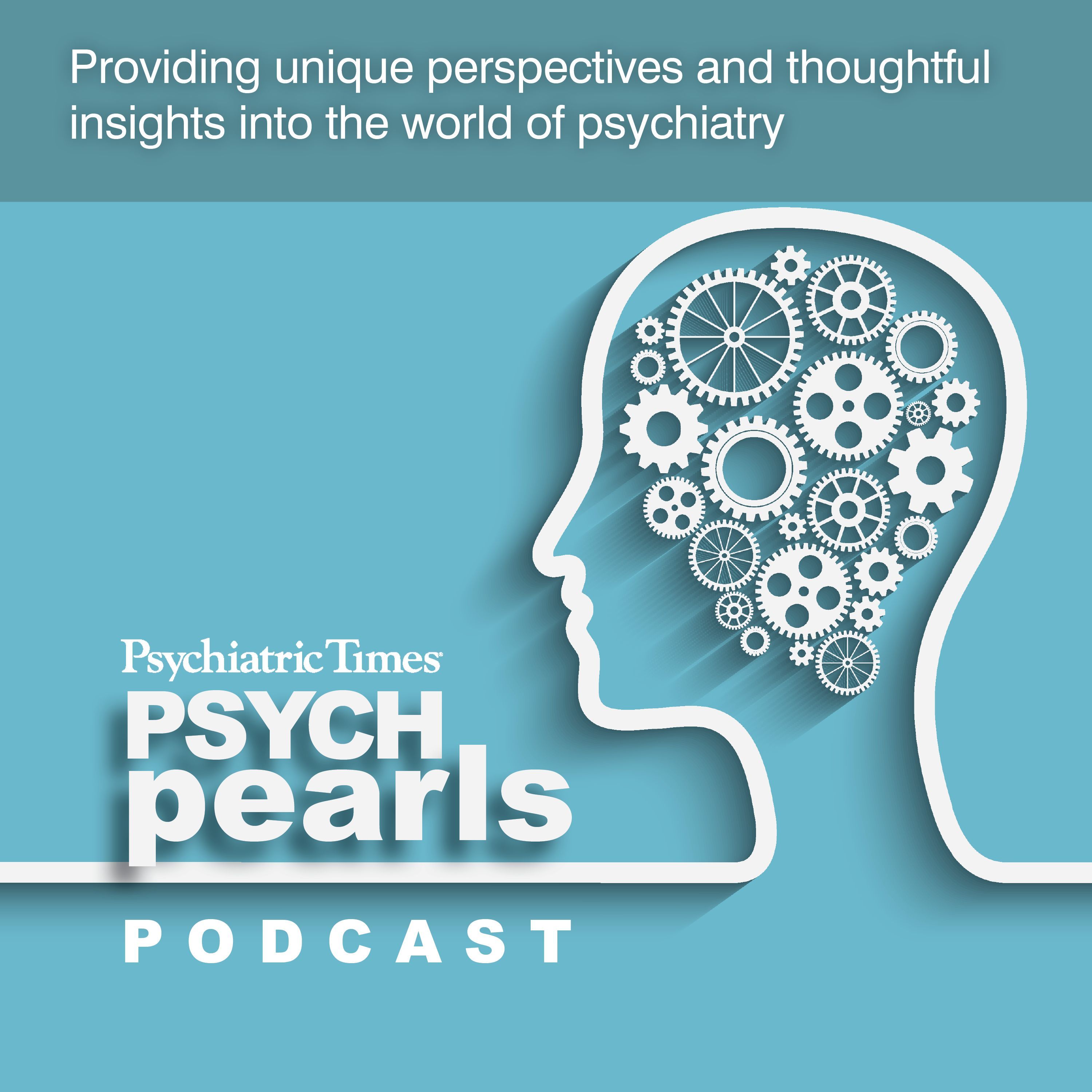Blog
Article
Are Future Predictions Foolish?
Author(s):
Trying to predict the future: foolish or wise?
ryanking999/AdobeStock

PSYCHIATRIC VIEWS ON THE DAILY NEWS
Today is April Fool’s Day, a favorite day of myself when I try to account for my foolishness, in this case my columns. Having finished my subjective review of my predictions from a year ago, did I seem foolish or wise?
Although it would be unlikely that any major changes would happen in a year, one did, that being the war between Israel and Hamas, fueled by such social psychopathologies as undue hate, cultish thinking, anti-Semitism, and Islamophobia. All the more reason, I would claim, for developing a classification of them, in order to enhance understanding, assessment, and interventions.
Other predictions were reflected in slower changes. Psychedelics seem to be proceeding slowly but surely in their acceptance, although the release of the movie “Dune: Part Two” projects future caution about their power for benefits and harms. At least in psychiatry, artificial intelligence (AI) was proceeding slowly. The importance of mental health for the Surgeon General position was reflected in our loneliness epidemic. Indigenous individuals and their valuable traditions and values paradoxically received attention from the movie “Killers of the Flower Moon,” which dramatically portrays one of the many times they were subject to colonial trickery and discrimination. The main predictive failure was for more courageous leadership which, as far as I could tell, has yet to emerge to help solve the world’s conflicts and deteriorating mental health.
Besides such social psychopathologies, there is also a growing interest in future personal predictions, often termed temporal distancing. A Washington Post article on March 28, “How your future self can help your present well-being” described how our mental time travel in imagining ourselves in the future can help us to cope with undue current anxiety.1 If you feel stuck, journaling about a desired future can help lead the way forward. Daniel Kahneman, who just died on March 27, wrote a best-seller on evidence that the aspirations of young individuals set for themselves positively influences their future success in these goals.2
Really, one might say that future social predictions are more wishes than predictions. In other words, my predictive columns were more of what I hoped would happen. In that regard, in the time and opportunity that I have available, I would hope to contribute to: courageous leadership; peace and prosperity in the Middle East; reduction of social psychopathologies; coupling with Indigenous individuals; and careful use of psychedelics and AI.
Don’t we also make such prognostic wishes for our patients? A positive therapeutic alliance sets up all other therapeutic benefits.
No, future predictions are not foolish when they incorporate realistically optimistic wishes. In future columns, I will search for wise examples.
Dr Moffic is an award-winning psychiatrist who specialized in the cultural and ethical aspects of psychiatry and is now in retirement and retirement as a private pro bono community psychiatrist. A prolific writer and speaker, he has done a weekday column titled “Psychiatric Views on the Daily News” and a weekly video, “Psychiatry & Society,” since the COVID-19 pandemic emerged. He was chosen to receive the 2024 Abraham Halpern Humanitarian Award from the American Association for Social Psychiatry. Previously, he received the Administrative Award in 2016 from the American Psychiatric Association, the one-time designation of being a Hero of Public Psychiatry from the Speaker of the Assembly of the APA in 2002, and the Exemplary Psychiatrist Award from the National Alliance for the Mentally Ill in 1991. He is an advocate and activist for mental health issues related to climate instability, physician burnout, and xenophobia. He is now editing the final book in a 4-volume series on religions and psychiatry for Springer: Islamophobia, anti-Semitism, Christianity, and now The Eastern Religions, and Spirituality. He serves on the Editorial Board of Psychiatric Times.
References
1. Colino S. How your future self can help your present well-being. Washington Post. March 28, 2024. Accessed April 1, 2024. https://www.washingtonpost.com/wellness/2024/03/28/future-self-present-well-being/#
2. Kahneman D. Thinking, Fast and Slow. Farrar, Straus, & Giroux; 2011.
Newsletter
Receive trusted psychiatric news, expert analysis, and clinical insights — subscribe today to support your practice and your patients.





